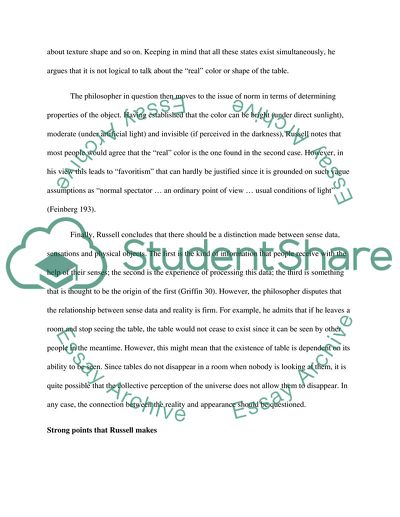Cite this document
(“Bertrand Russells criticism of direct realism Essay”, n.d.)
Bertrand Russells criticism of direct realism Essay. Retrieved from https://studentshare.org/philosophy/1701288-bertrand-russells-criticism-of-direct-realism
Bertrand Russells criticism of direct realism Essay. Retrieved from https://studentshare.org/philosophy/1701288-bertrand-russells-criticism-of-direct-realism
(Bertrand Russells Criticism of Direct Realism Essay)
Bertrand Russells Criticism of Direct Realism Essay. https://studentshare.org/philosophy/1701288-bertrand-russells-criticism-of-direct-realism.
Bertrand Russells Criticism of Direct Realism Essay. https://studentshare.org/philosophy/1701288-bertrand-russells-criticism-of-direct-realism.
“Bertrand Russells Criticism of Direct Realism Essay”, n.d. https://studentshare.org/philosophy/1701288-bertrand-russells-criticism-of-direct-realism.


